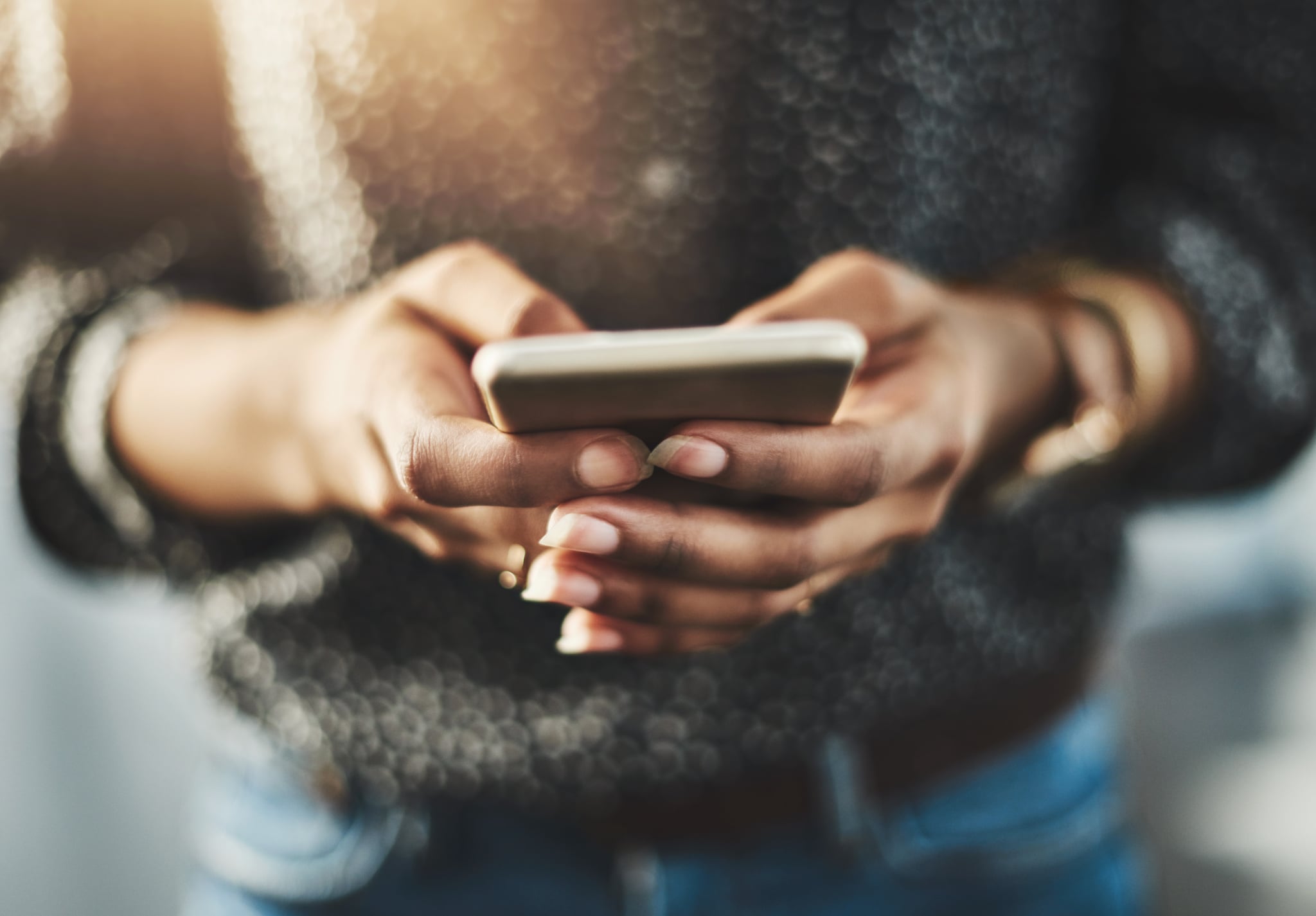

In order to slow the spread of the novel coronavirus (COVID-19), experts have instructed us to practice social distancing by staying home as much as possible, avoiding large gatherings, and staying at least six feet from others when venturing out. Needless to say, this isn't the springtime any of us expected, and social distancing can be lonely even for the introverts among us.
Although most people are complying with these directives, there are always exceptions, and if you have a friend who isn't social distancing, you may feel frustrated or angry. We can't control the behavior and choices of others, but we can have conversations with our friends that will help them understand and appreciate the importance of protecting the most vulnerable.
The key, of course, is to address the matter in a way that doesn't come across as judgmental, which is unlikely to change your friend's mind and could lead to an argument. Not sure where to start or what to say? Try these tips, straight from an expert.
1. Listen to What They Have to Say
Jeanette R. Bergfeld, PsyD, a clinical psychologist at The Therapy Group of DC, recommends starting the conversation by asking your friend some questions so you can get an idea of why they're not social distancing. How much have they read about the pandemic, and what do they think of what they've read and heard? What are their reasons for not social distancing? Have they tried to practice social distancing only to encounter obstacles?
"People often first need to be heard and really listened to before they can truly engage in these conversations," Dr. Bergfeld told POPSUGAR. "This is going to be more of a back-and-forth and potentially ongoing conversation." She added that there most likely won't be one "magical" thing you can say that will suddenly change your friend's mind - but you can be effective by having a respectful, ongoing dialogue about the topic.
2. Explain Why Social Distancing Is Important to You
It's important to communicate why you care about this issue so deeply, using examples of how COVID-19 could impact your life or the lives of people you care about. "You could also add in some factual information from trusted sources like the Centers For Disease Control to back up your points," she said. However, if the entire conversation is focused on dry facts or an overload of information and messaging, you're less likely to get through to them.
"While trusted facts and information can be helpful, people are usually more effectively persuaded by emotional and interpersonal content," Dr. Bergfeld explained. So, for example, you could explain to your friend that you have a lot of anxiety about the pandemic and how it could impact the health of a parent, friend, or loved one who already has health problems.
3. Acknowledge That You're Struggling With This, Too
It can be helpful to share your own story about how you came to accept the importance of social distancing. After all, this has been a difficult process for all of us. Don't be afraid to let your guard down and acknowledge that you've struggled with this as well and needed to be educated on the issue in order to understand exactly why social distancing will save lives. If you've read articles or social media posts that resonated with you and helped you grasp the gravity of the situation, offer to share them.
Social distancing is uncharted territory, and most of us are figuring it out as we go along. "Giving examples of how you've made social distancing work for you [could] be very helpful," Dr. Bergfeld told POPSUGAR. "Some people might just be incredibly anxious right now and unsure of how to make this work in their day-to-day lives." She noted that she's seen a lot of people post on social media about fun, creative, or interesting ways they've made social distancing work for them - something that she describes as "a great form of peer pressure."
During times of uncertainty, we often look to others for cues on how to respond to an unprecedented situation. Because we can't spend time together in person, social media is an excellent way to share how we're handling the isolation and boredom that accompany social distancing. "Social media is a prime opportunity right now for us all to be examples for each other on how to respond to these uncertain times and take care of one another," Dr. Bergfeld said.



0 comments :
Post a Comment